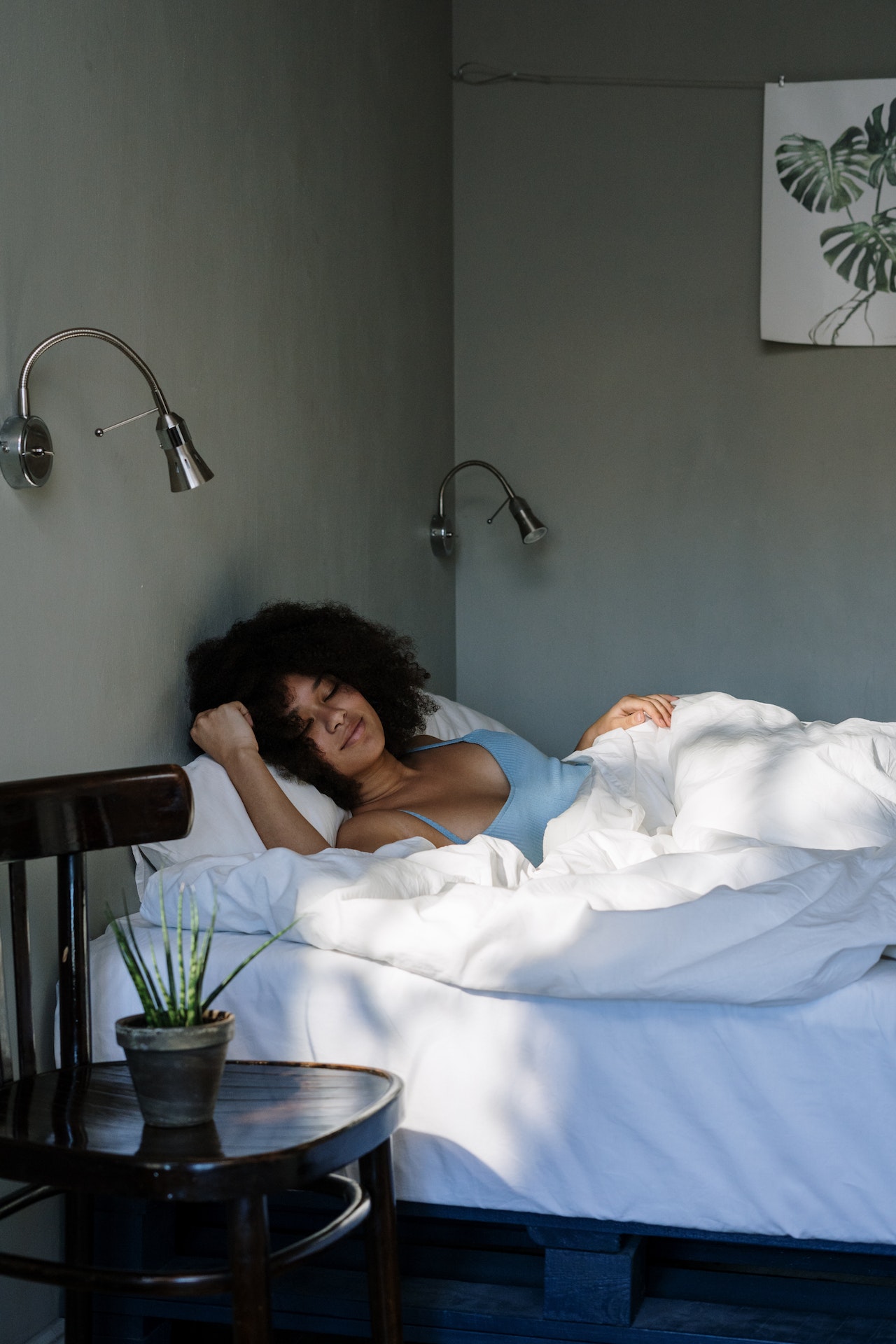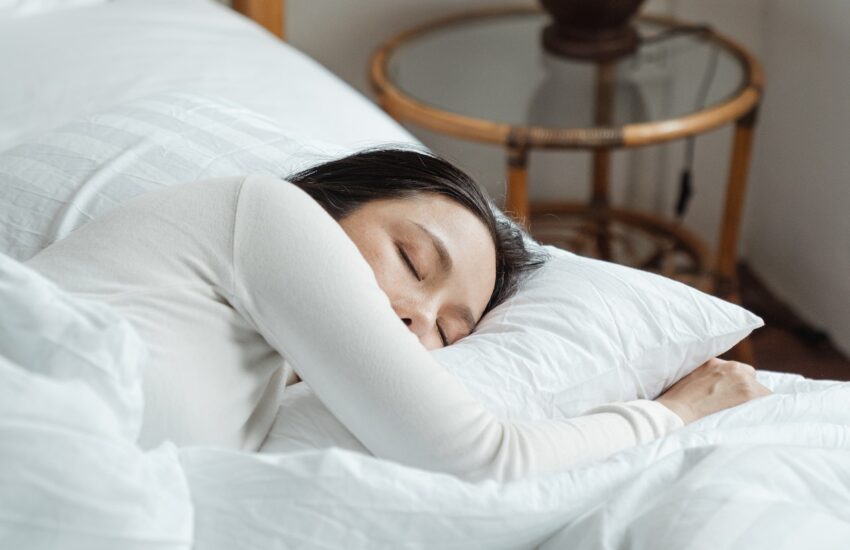How Histamine Levels Could Affect Your Sleep
I’m going to start winding down this sleep series by talking about something that I never once considered affecting sleep (until recently).
And that is how histamine release can cause you to wake far earlier than you normally would and disrupt your sleep cycles in perpetuity.
So what is histamine and why is it giving people sleep issues?
You’ve probably heard of histamine before when people talk about allergies (and allergy medicines).
These “antihistamine” medications help to block the accumulation of histamine levels.
And when they do that they can cause you to be drowsy.
So the side effect of drowsiness when histamine levels are blocked is a clue for us to focus on as it relates to getting your sleep dialed in.
The good news is if your sleep is being disrupted by histamine and you want to get better sleep there are both supplements as well as dietary protocols you can use to get histamine under control.
I’ll show you how all this works below.
How Histamine Messes Up Sleep
Histamine is a molecule that is essential for immune health
Your mast cells (a type of white blood cell) release histamine when the immune system signals an injury or infection is present.
On top of helping with your immune system, histamine is involved in around twenty-five different physiological processes in the body.
However, histamine can also be found in certain foods, and for some people, consuming these foods can lead to histamine intolerance.
The reason this happens in the first place is the result of a genetic mutation that leads to lower-than-normal activity of the enzymes Diamine Oxidase (DAO) and Histamine N-Methyltransferase (HMNT).
DAO and HMNT are responsible for breaking down histamine and when they’re not working as designed it results in histamine building up in the body which can lead to a range of allergy-like symptoms.
Another related issue is mast cell activation, which occurs when mast cells become unstable and release inflammation into the bloodstream when it’s not needed. This can also cause allergy-like symptoms and be very unpleasant.
Both histamine intolerance and mast cell activation can be challenging to diagnose, but they are becoming increasingly recognized as health issues.
What I’ve come to discover is that some people can suffer from awful sleep based on histamine production as a result of diet.
As Scientific American writes:
“Histamine is deemed wake-promoting because drowsiness is a common side effect of certain anti-allergy medications that block histamine signaling.
What’s more, the histamine neurons are generally active in wake states, and inactive during sleep.
Histamine neurons promote wakefulness by activating neurons in the cortex that drive arousal and by inhibiting neurons that promote sleep. In addition, hypocretins strongly activate the histamine-producing neurons, which researchers believe may be a key mechanism for promoting wake and regulating sleep.
Research suggests that histamine…helps stabilize sleep-wake states, so that each stage of slumber has clear boundaries. To demonstrate the importance of histamine in stabilizing wakefulness, one study found mice lacking histamine experienced more REM sleep and flipped more frequently between sleep and wake states than control animals.“
If you have too much histamine in your body it can wreak havoc with your sleep cycle.
Problematically, the same way that certain foods can cause allergic reactions (either minor or major) they also may boost histamine levels.
Now this is the part of the article that might not be all that fun to read… It’s where I show you which foods cause histamine to potentially build up in the body (if you have the mutation I referenced above).
While many foods can trigger histamine production, some of the most common culprits include:
- Fermented foods like kimchi, sauerkraut, and pickles
- Aged cheeses like cheddar, blue cheese, and parmesan
- Citrus fruits like oranges, lemons, and grapefruits
- Nuts like cashews, walnuts, and peanuts
- Chocolate and cocoa products
- Alcohol, particularly red wine, and beer
Problematically, many of the foods on this list are “good for you.”
And by throwing the quotations on “good for you” I’m alluding to the fact that these foods are known to have tons of well-studied health benefits.
So, ditching them to lower histamine levels may be unappealing, or even impossible if you have other dietary restrictions.
And this is where D-hist could help you and give you better sleep.
How D-Hist May Help With Better Sleep
D-Hist is a natural supplement that contains a blend of herbs and vitamins that can help reduce histamine levels in the body.
Some of the key ingredients in D-Hist include quercetin, bromelain, and vitamin C.
I’ve written about all of these ingredients before, but as a reminder, I’ll tell you a bit about the ingredients and how they can help calm histamine levels.
1 – Quercetin: A powerful antioxidant that can help reduce inflammation and stabilize mast cells, which are responsible for histamine production.
2 – Bromelain: An enzyme found in pineapples that can help break down histamine in the body.
3 – Vitamin C: One of the most potent antioxidants, it can help reduce inflammation and support the immune system.
By combining a low-histamine diet with natural supplements like D-Hist, or by adding D-Hist into your diet alone you may achieve better sleep.
D-Hist is made by Ortho Molecular Products. We only carry it in our patient store as this vendor does not allow their product to be sold without a practitioners guidance. If you find this product on a site like Amazon, be aware that it might not be a legitimate version of the product.
You can, of course, get histamine testing done, but if you want to start with a supplement and modifying your diet and you use a wearable you can likely get an answer there, too.

